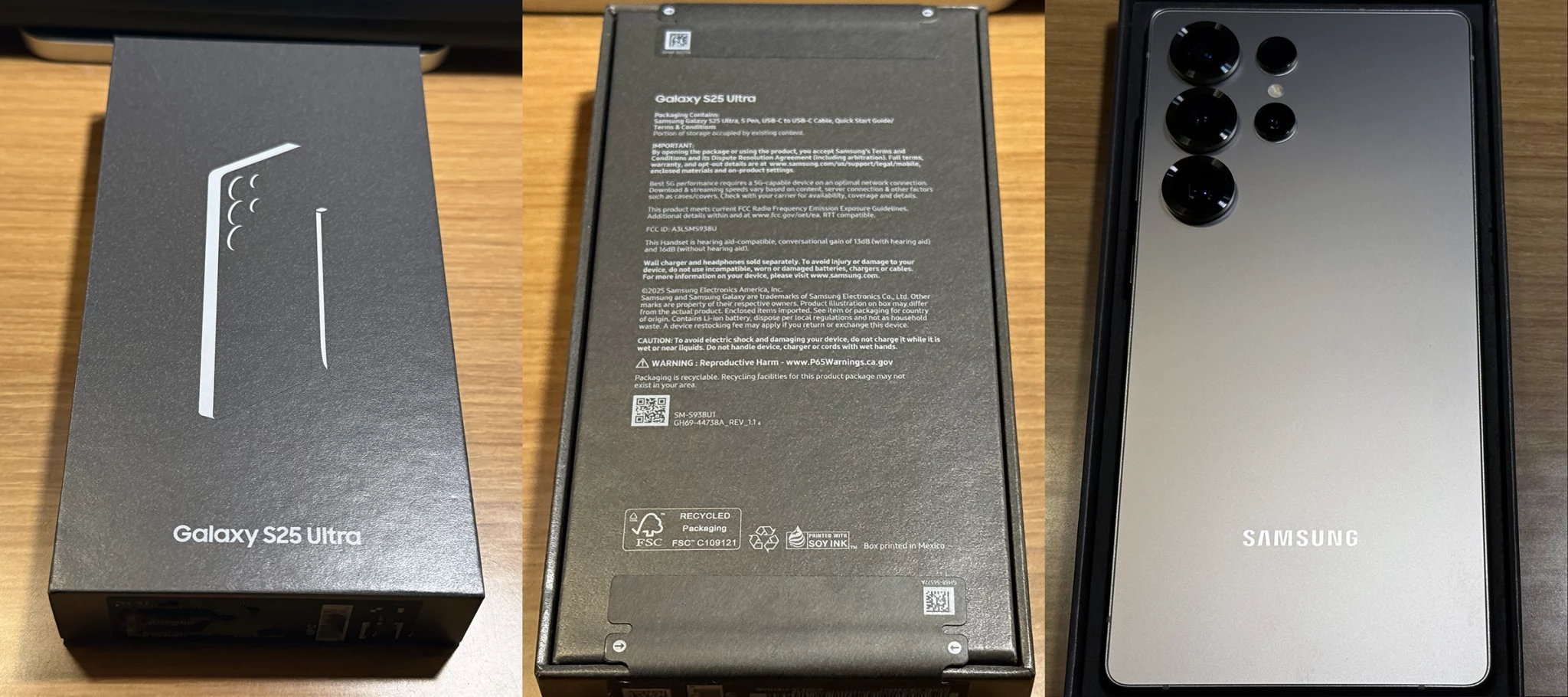For myself, the long term writing is literally on the wall. It’s not a matter of “if’ this will occur. It is more a matter of “when”. As peoples lifestyles continually push towards one that is more mobile, and as the sales of product continually shifts towards mobile devices away from desktop platforms, there will eventually be a critical mass/tipping point where it makes sense for a true convergence to occur. Apple is currently and rightfully so, keeping the two platforms distinct and separate in terms of both the hardware and software. It’s a purposeful distinction to prevent any form of confusion that iOS and OS X are the same thing (iOS is of course derived from OS X but built/scaled for the ARM processor and outfitted with a touch user interface).



